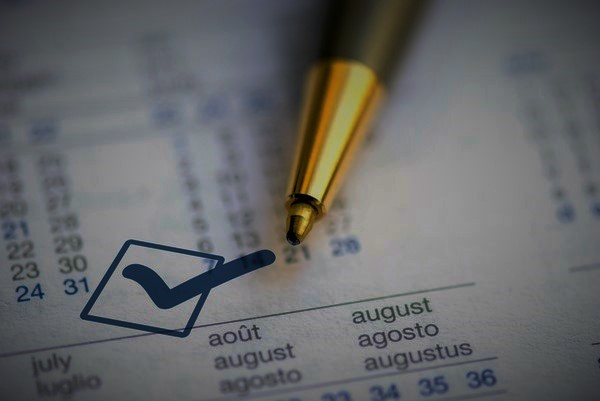How can a Greensboro Car Accident Lawyer Help Me?
Most people who have experienced Greensboro Personal injuries are not familiar with the court system. They haven’t had to take legal action before, and they often feel intimidated by the thought of talking with a lawyer and going to court.
If you feel this way too, don’t worry. Understanding how a personal injury claim works can put your mind at ease and help you make the right decision about what actions to take. Here are some things you should know about how these claims work.
Does your law firm offer a free consultation for a car accident case?
Talking with an Greensboro personal injury attorney is generally the first step for people considering legal action. In personal injury cases, almost all lawyers offer free consultations. They use the time to talk with you about what happened, give you their professional opinions about whether you have a case, and explain your options.
If you choose to retain the lawyer you speak with, you will probably be asked to sign a representation agreement. The agreement makes the relationship official: You now have a lawyer.
What type of paperwork needs to be filed for a car accident case?
Each case is different, and there’s no one course of action that’s true for every case. Generally, your lawyer will do some investigation and preparation before taking official action. She may even draft a demand letter or approach the other party’s insurance company and attempt to negotiate. It’s possible that your personal injury case could be resolved before formal paperwork is ever filed with the court.
The first official step in a personal injury lawsuit is filing formal paperwork with the court. Your attorney will file a document commonly referred to as the complaint. The complaint names the parties involved in the incident and lays out the facts. It also asks the court to take certain actions, like ordering that the other party compensate you for your injuries and other harms you experienced.
The complaint and a summons to appear in court will be served on the other party. Then, that party will have a limited amount of time to answer the complaint. The answer may concede certain facts. It may also deny wrongdoing.
What is Discovery in a Personal Injury Case?
After the personal injury lawsuit has been initiated, the lawyers involved will engage in a formal process of collecting and reviewing evidence. This process is called discovery. Your lawyer may request that the other party answer a series of written questions calledinterrogatories. Formal questioning sessions called depositions may also be held. In a deposition, your lawyer will ask questions of the other party, a witness or an expert under oath. The other party’s lawyer will probably ask you questions as well.
What types of Motions need to be filed in a Car Accident Case?
The vast majority of personal injury cases — more than 95 percent — are resolved before trial. There are many ways that this can happen. A judge might grant a party’s motion to have a case dismissed for legal reasons. A judge might also enter a default judgment when another party receives proper notice, but fails to respond to the lawsuit in a timely manner.
Settlement is the most common way that personal injury cases are resolved before trial. In settlement, attorneys and their clients review the evidence and assess the likelihood that one party will win at trial. They then agree on a specific amount of compensation.
You should know that settlement is always your decision, not your lawyer’s. Your lawyer has an ethical obligation to tell you about settlement offers made by the other party. While your attorney will counsel you about whether to accept the offer, he or she cannot decide for you. The decision is yours to make.
What is going to trial like in a personal injury case?
If your personal injury case goes to trial, your personal injury attorney has the responsibility to prove certain facts. Different cases have different legal requirements based on statutes and case law. Generally, the lawyer must demonstrate that the other party was at fault, that the party’s actions caused your injuries, and that the damages totaled a certain dollar amount.
This can be challenging. Your lawyer may call witnesses to the accident, invite highly-regarded experts to testify and present evidence.
When your lawyer is done, the other party will have a chance to present their side of the case. A jury will then decide the outcome of the case. If the jury has decided in your favor, your lawyer will help you collect the damages you are owed, including compensation for your medical bills, missed work, ongoing medical needs, and pain and suffering.
This may sound complex, but please remember two things: First, most personal injury cases do not need to go to trial in order for the injured person to receive compensation. Proceeding all the way to trial is the exception rather than the rule. Second, you will never have to do this alone. If you choose to pursue litigation, you will be supported by your lawyer throughout the process. You’ll always have someone to turn to for guidance — someone who can use knowledge and skill to effectively lead you through the legal system.
Contact our Greensboro Car Accident Lawyers today if you or someone you know has been involved in a car accident or suffered a personal injury in Greensboro, High Point or Asheboro.

